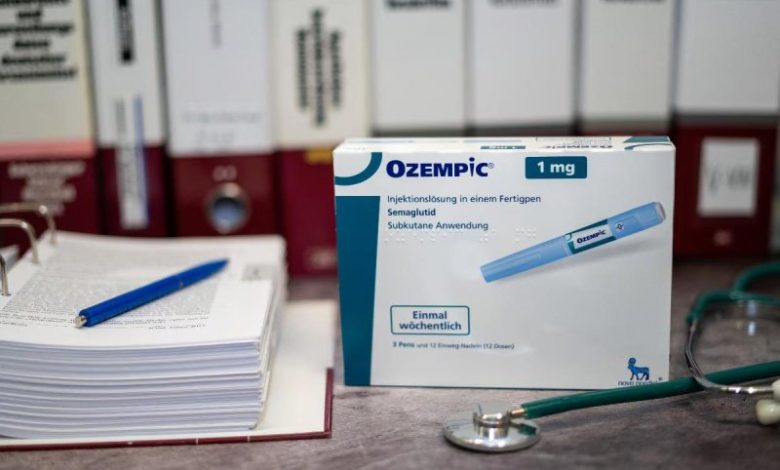Study shows shift in GLP-1 drug use for obesity, not diabetes

According to a recent study, the primary intent of GLP-1 medications, such as Ozempic, was to treat Type 2 diabetes. However, the surge in the use of these treatments to treat obesity has rendered this intent ineffective.
Researchers discovered that the number of new prescriptions for these medications has risen among individuals with obesity but not diabetes.
Consequently, even though Ozempic and Mounjaro were originally designed as diabetic medications, drug shortages have led to a decrease in the number of new prescriptions for Type 2 diabetes, the researchers reported.
Later, both medications were authorized for use in weight reduction under the separate brand names Zepbound and Wegovy.
Medical director of the Cedars-Sinai GI Motility Program and principal researcher Dr. Ali Rezaie said, “basically, use took off so quickly that we lost control and vision of how fast people were picking up these medications after the medication was approved for obesity.”
Between 2011 and 2023, researchers examined the medical records of around 45 million Americans for the study.
Results indicate that over that time, about 1 million new GLP-1 users were added. Whether they had diabetes, obesity, or another linked medical condition determined how the researchers classified them.
GLP-1 medications function by modifying a person’s hormone levels and reducing hunger.
The data indicate that White people, females, and those with a BMI of 30 or higher—a measure of obesity—are administered semaglutide, the medication marketed under the brand names Ozempic and Wegovy disproportionately.
The Annals of Internal Medicine released the results on Monday.
GLP-1 use has significantly increased after 2020, according to Rezaie. Semaglutide was authorized by the US Food and Drug Administration in 2021 for use as a medication for weight loss.
“The results indicate that a growing number of medical professionals are realizing the advantages of these drugs in managing obesity, a noteworthy change in public health,” stated lead researcher Dr. Yee Hui Yeo, a clinical fellow at Cedars-Sinai Medical Center in Los Angeles’ Karsh Division of Gastroenterology and Hepatology.
Yeo stated in a Cedars-Sinai news release, “But it also raises concerns about potential medication shortages and the need to ensure that patients with diabetes still have access to these treatments.”




